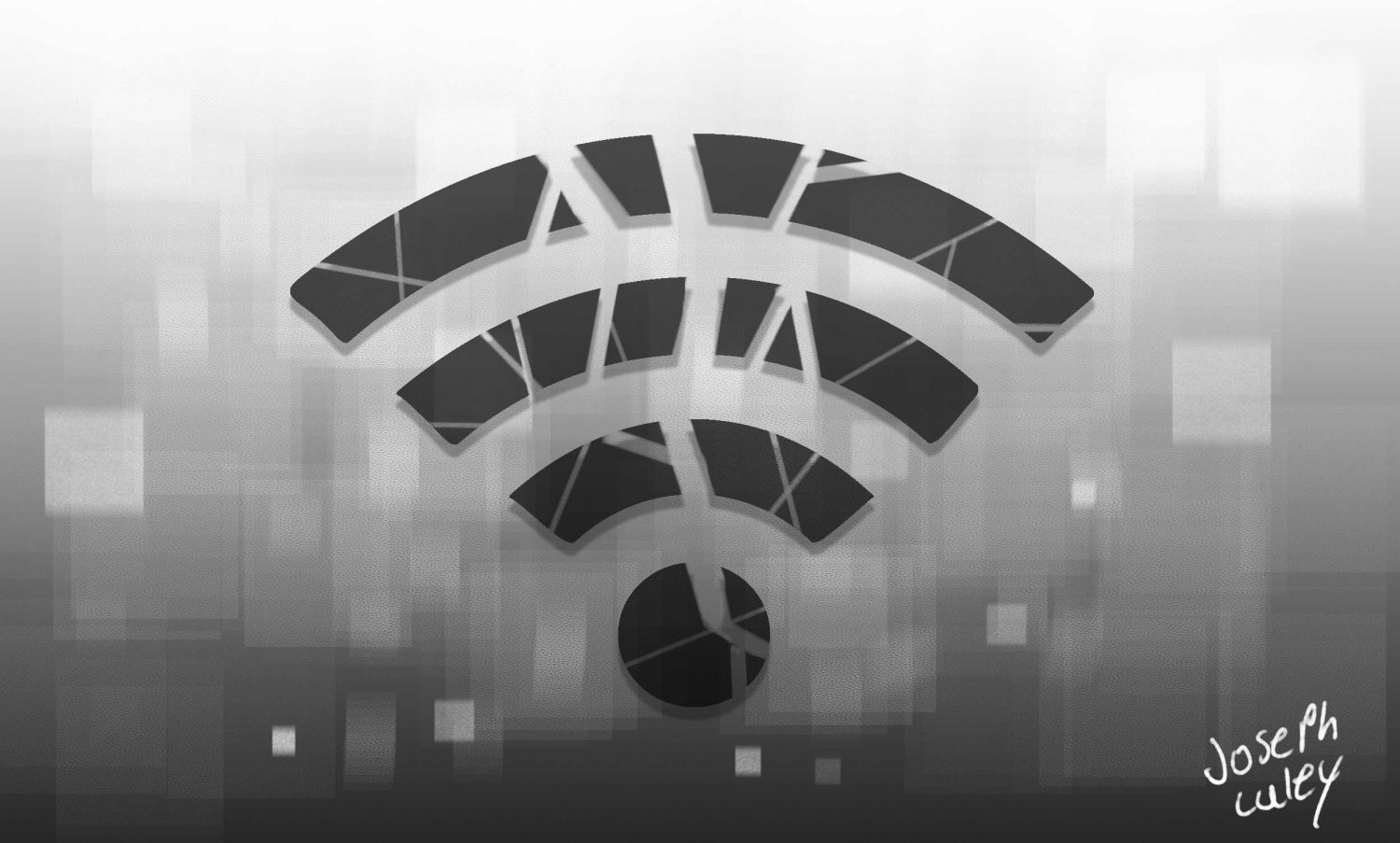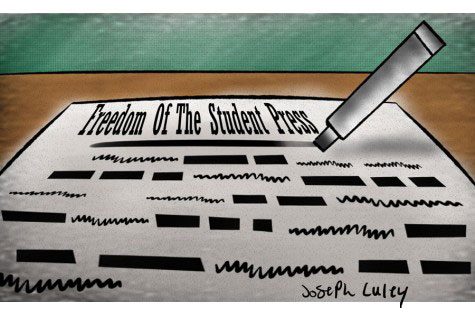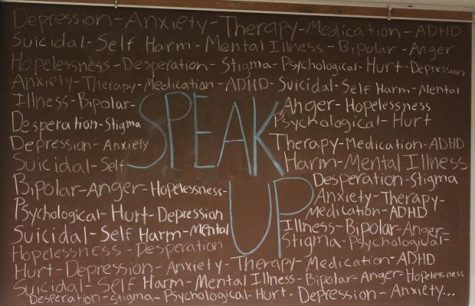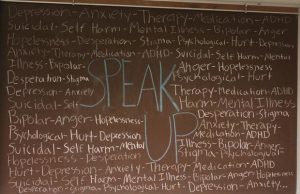North Star Take: FHSD Should Have Wi-Fi
More from Priscilla
More stories from On Behalf of the Editorial Board
Credit to Joe Luley
In a society in which cell phones play such a significant role in people’s daily lives and potential municipal wireless networks are discussed, students and staff members should have access to Wi-Fi during the school day.
However, effective March 9 of this year, the FHSD school board made the decision to block students and faculty from being able to access Wi-Fi on their cell phones. FHSD’s two biggest reasons for blocking the school Wi-Fi is to increase the speed of the network and to ensure that students taking online tests were undisturbed.
I use the WiFi for educational programs and lately I haven’t been able to use them because they’re blocked and what’s why I think we should have the WiFi.
— Alyssa Gill, 11
However, this decision prevents students and staff members from using technology to their advantage in many ways. At FHN, many teachers rely on their student’s ability to use Wi-Fi on their cell phones and thus often encourage their use when working on class assignments. Instead of teachers needing to book entire days in the computer labs so that their students can do research, they can simply request their students to use the school’s Wi-Fi on their cell phones.
Many teachers at FHN also try to make their classes more interactive and fun for students by using websites such as Kahoot when reviewing material. Many teachers even require work to be submitted through apps such as Schoology and Google Classroom.
Furthermore, a crucial form of communication between teachers and students relies on both party’s ability to access the Wi-Fi network. The Infinite Campus application is one of these, which allows teachers to update and show students their current grades. By accessing these grades off of their cell phones, students are aware of how well or how poorly they are performing in their classes and can also find out what assignments they are missing. Without the ability to access the Wi-Fi, students are forced to use their own data if they want to check their grades. Many students have a limited data plan, so without a wireless connection, they are unable to use their phones at school completely.
I think it’s dumb how some people get to use their phones and some don’t because Samsung still has it.
— Clayton Burbank, 10
Additionally, Wi-Fi usage on cell phones greatly benefits students by offering them efficient and effective alternatives when researching for class assignments. Instead of flipping through a dictionary to find the meaning of a word, students could simply use their dictionary app or Google questions when they’re researching.
In today’s society, the internet is one of the best resources to use when researching when used wisely. However, many students no longer have the opportunity to use Wi-Fi on a daily basis to assist them with their school work. Many classes do not have access to computers daily, nor are students allowed to stay after school to use the computers in the Learning Commons or any computer labs.
The district needs to look into alternative solutions for these problems soon such as possibly trying to shut off the Wi-Fi network only on certain days when tests are taking such as EOC’s and final exams. FHSD could also look into purchasing hotspots for schools to distribute to their teachers so that students can still take advantage of the resources provided through the wireless network.
I don’t like it because teachers that want to use the internet are asking us to use our data.
— Dana Maniscalco, 11
In the past, the district has tried to troubleshoot the Wi-Fi network with AT&T, FHSD’s wireless provider, when problems arose with the speed or capacity of the network. However, since no improvements were made as a result, Wi-Fi access has been shut off on all devices at FHSD schools except for computers that are hard-wired.
However, the inability of the district to keep up with the increasingly advanced forms of technology that students and teachers currently use, they are preventing students and teachers from taking advantage of the numerous benefits provided through the use of the Wi-Fi network at schools.
When we are amidst what is often referred to as the “Digital Age,” by cutting the Wi-Fi, we are cutting off educators and students from crucial resources used in today’s society.
Your donation will support the student journalists of Francis Howell North High School. Your contribution will allow us to purchase equipment and cover our annual website hosting costs.












